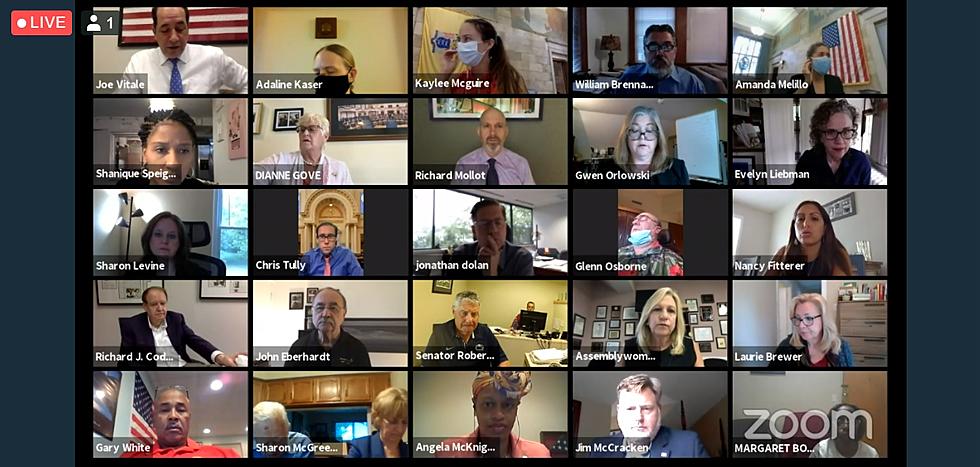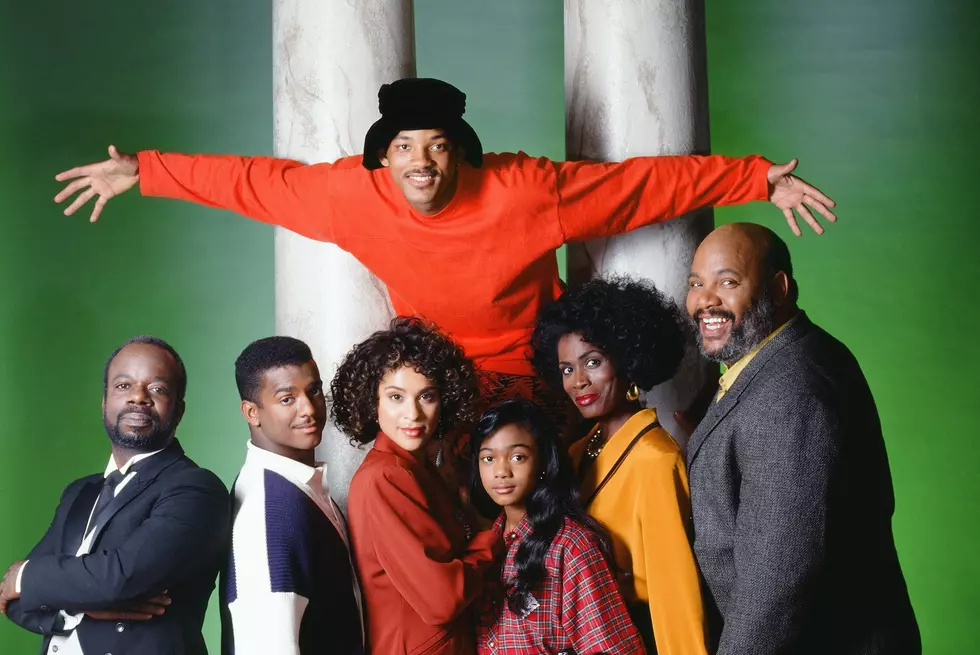
A Census taker might be knocking at your door before Sept. 30
The U.S. Census Bureau has begun following up in person with all households across the nation that have not yet responded to the 2020 Census.
The current self-response rate in New Jersey is more than 65%, which is great, considering the pandemic messed up plans to hold special meetings so people could fill them out right then and there. But they still need everyone's response.
Jeff Behler, the New York region director for the U.S. Census Bureau, said census takers will be visiting the remaining 35% of New Jersey addresses to collect responses in person. All Census responses will be collected by Sept. 30 so that they can be processed and released as statistics by Dec. 31, as required by law.
All census takers must wear a mask. PPE such as masks and hand sanitizers will be provided to each and every one of them. They are required to wear the masks regardless of what the local restrictions or guidelines.
Census takers must also practice social distancing so they will knock on the door or ring the bell, then back up 6 feet.
They will also carry masks in packages that they can provide to respondents if the respondent wants to put on a mask to have the five-minute conversation.
He said all employees must undergo COVID-19 training before they go into the field.
Census takers will ask basic questions during the brief conversation, including name, phone number, race, ethnicity, sex, age, date of birth, whether or not you're of Hispanic origin and whether you own or rent your home.
Behler said they will never ask you for citizenship status, Social Security or bank account numbers, credit card information or request money.
Each Census taker takes an oath of confidentiality for life. That means if they were to release information that would identify a person or a household, they will be in prison for up to five years or fined up to $250,000.
To be sure you're talking to an actual Census worker and not an imposter, a genuine Census taker can be identified by a valid government ID badge with their photo, a U.S. Department of Commerce watermark and an expiration date on the badge. They'll also be carrying a bag with the word "Census" on it as well as a special smartphone used to collect the data.
If the household occupants are not home, a note will be left by the Census takers saying they'll be back in a few days. In the meantime, households can always self-respond by completing and mailing back the paper questionnaire they received, by responding online at 2020census.gov or by phone at 844-330-2020. Households can respond in one of 13 languages.
While the Census is short and easy to fill out, many still don't do it. Behler said some of the 35% of addresses that have not responded could be vacant homes or seasonal or second homes. There are also new immigrant communities in the state and many don't know what a Census is or they fear the government so they don't fill them out.
New Jersey uses this once-every-10-years data to conduct their redistricting efforts and drawing their voting precincts. Businesses will use this data to determine where they want to grow.
Health care also relies on Census data, said Behler. Hundreds of billions of dollars of federal funds distributed every year based on formulas that use Census data, from food stamps to WIC to Medicare and Medicaid. The data also is used for funding for roads, bridges, tunnels, mass transit systems, education and more.
More From Townsquare Media News:

How To Stay In Touch With Friends While Social Distancing
More From Beach Radio










